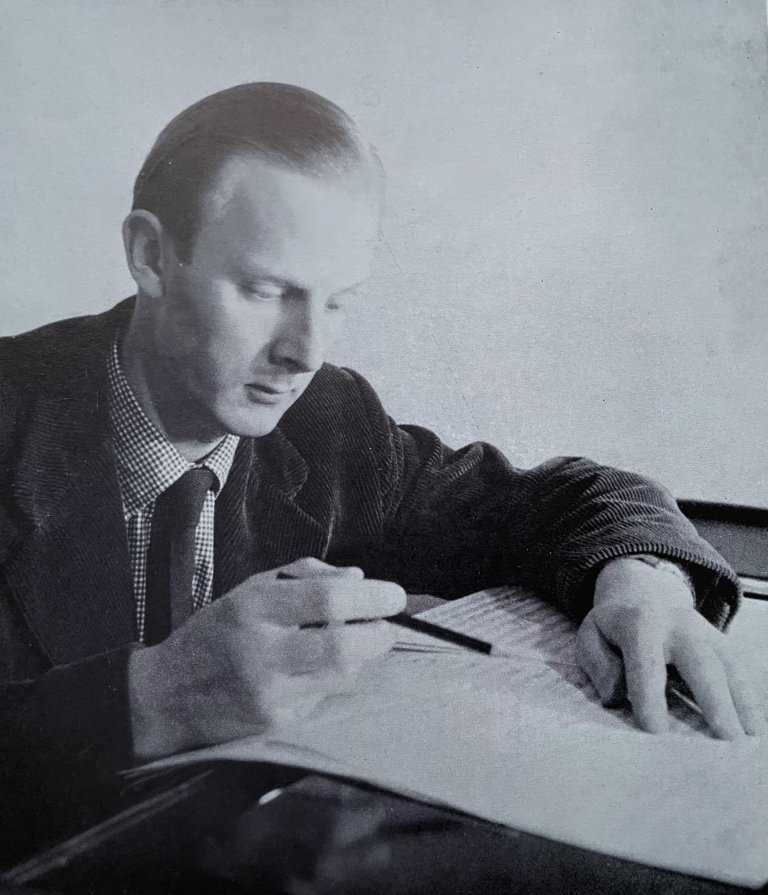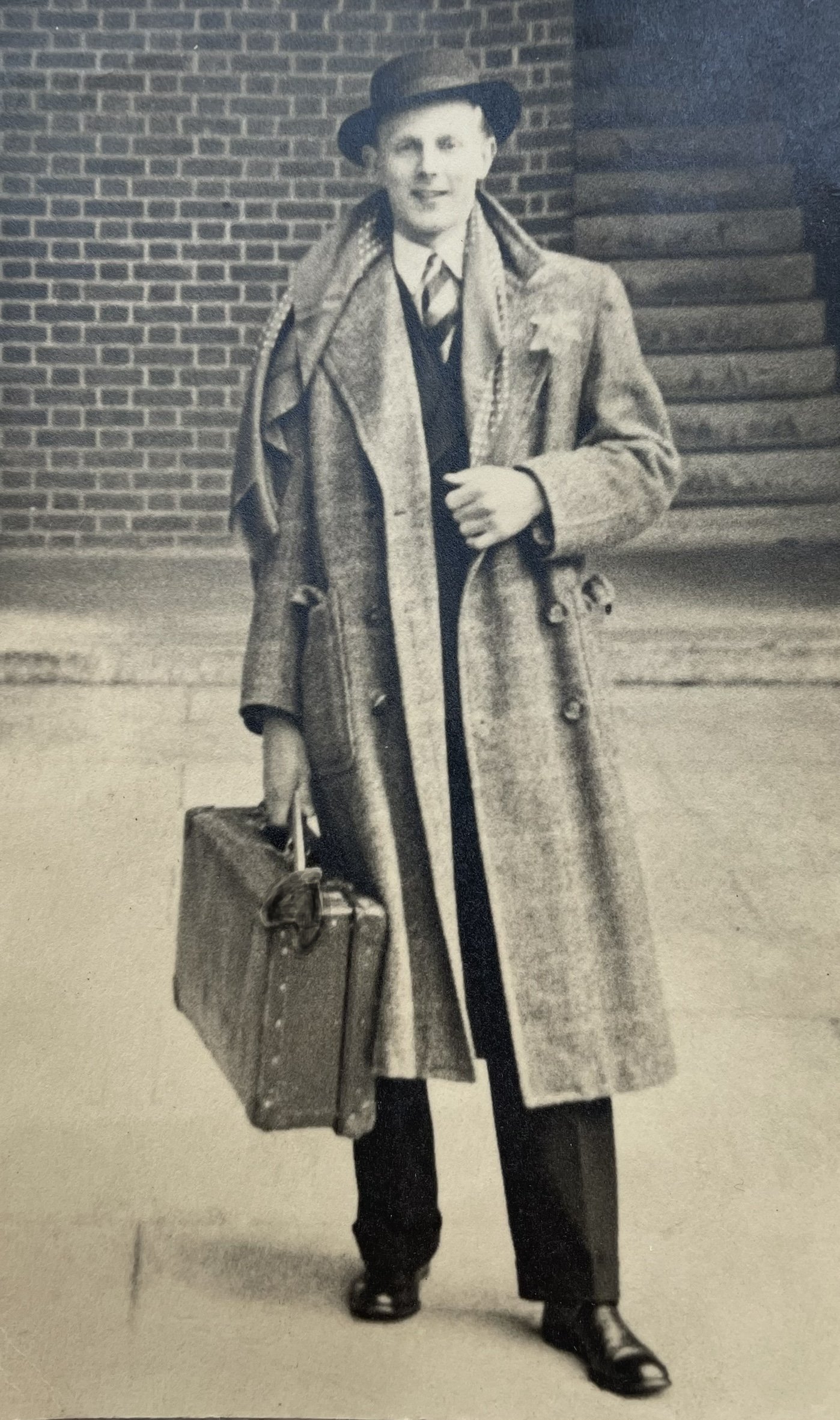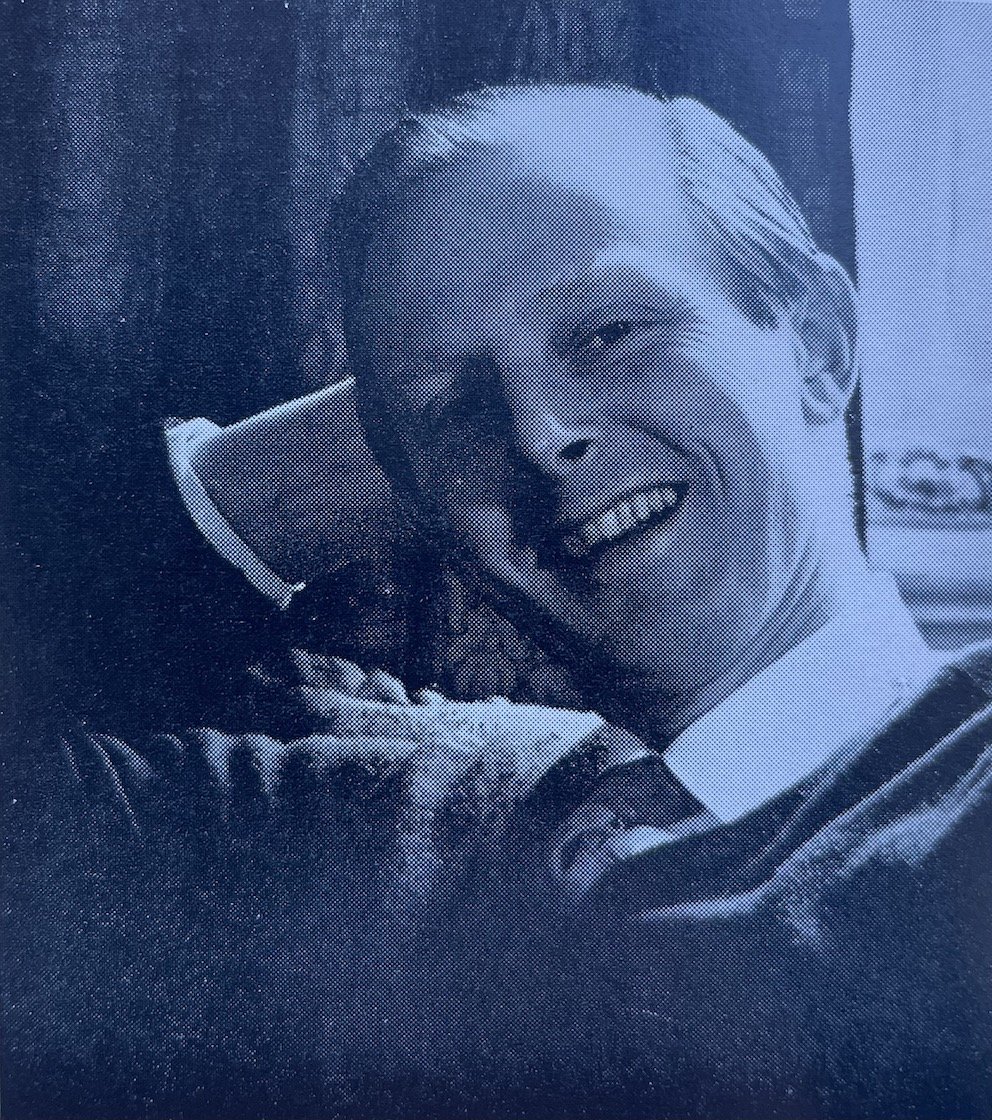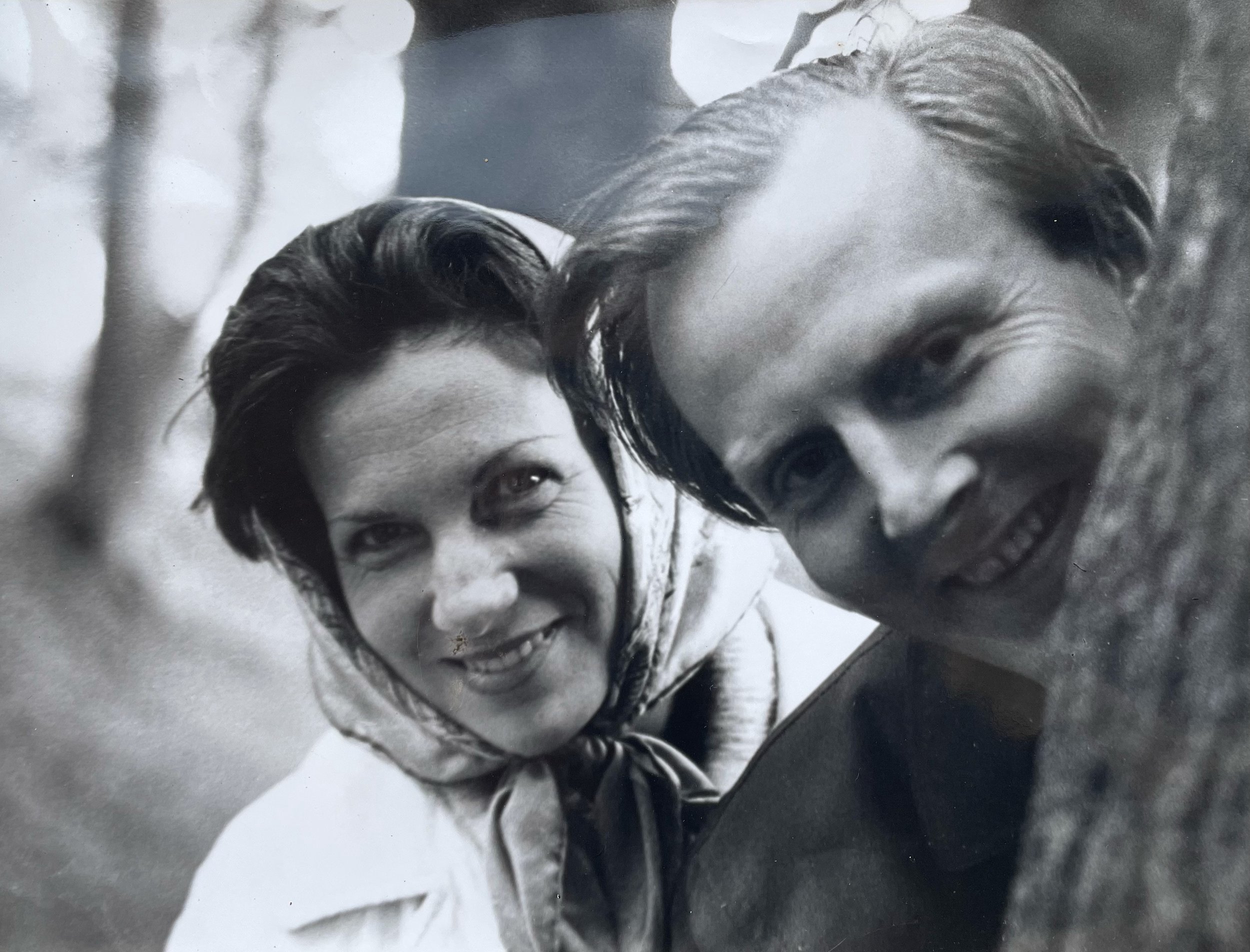Biography
John Addison: British composer of music for the concert hall, film, theatre and television.
John Addison (March 16, 1920 to December 7,1998) was born in Cobham, Surrey, England, and is a British composer best known for his film scores.
His parents first recognised his talent when at the age of 6 or 7, before he learnt to read music, he picked up by ear the entire Minute Waltz of Chopin and played it flawlessy. He started piano lessons and went to Wellington College in the footsteps of his father who was an army man where he continued learning the piano with teacher, Ronald “Tim” Timberly. But instead of joining the army, he wanted to pursue a career in music.
At Wellington College, Addison started writing compositions and reached a high enough level on the piano to be accepted to the Royal College of Music in 1938.
During his first year at the RCM he studied piano, with Herbert Fryer, and oboe, on occasions with world-famous oboist, Leon Goossens. His studies however were soon interrupted by World War II.
As the son of an army officer, Addison temporarily abandoned his studies to enrol in the army in 1939. He signed up and eventually went off to training camp on the Salisbury Plain in Wiltshire where he met Roy Boulting. Roy and his brother were already established film directors and it was this friendship that led to the composer writing his first film score in 1950 for Seven Days To Noon and a long, successful career thereafter. Addison volunteered to join a commando unit and was transferred for further training to Weymouth where playing the piano with his Lieutenant Colonel on the drums became the norm on Saturday nights at the commando Headquarters. Posted to join the 23rd Hussars, he first went into action one week after D-day, crossed the Channel and fought through France, Belgium, Holland and Germany. He was wounded in Caen, France.
Once the war was over, Addison went back to the RCM having decided to stop the piano studies in order to pursue composition, harmony, counterpoint and orchestration with Dr. Gordon Jacob. He also exchanged oboe lessons for clarinet, with Frederick Thurston. For 5 years he worked towards the Bachelor of Music degree which involved, after passing all the exams, writing a composition in an academic style which was not the style that he had been developing as his own voice. As such he decided not to spend time composing this, rejected the degree much to the surprise of his teachers and family, and continued writing his own compositions which were already getting performed and published. Original manuscripts and published versions of several of the composer’s works can be found today in the RCM library.
In 1948, at the RCM, Addison won the highest award for composition, The Sullivan Prize, and went on to join the RCM staff in 1950. He spent seven years as a professor of composition, harmony and counterpoint. A number of commissions from prominent instrumentalists and from the BBC led to a steady stream of chamber and orchestral compositions, many of which were recorded and performed in the UK and abroad. Conductors who have performed his works include Sir Thomas Beecham, Richard Austin, Sir Adrian Boult, Rae Jenkins, Leighton Lucas, Iris Lemare, Kathleen Merritt, Alec Sherman, Walter Susskind, Gilbert Vinter, George Walton and Ian Whyte.
During this time, his war-time friend, Roy Boulting, would attend performances of the composer’s works and gradually introduced him to writing film music. In 1949, Addison was appointed Musical Director to the Boulting Brothers, and wrote his first film score for Seven Days to Noon in 1950. During the ‘50s and 60’s he wrote the majority of his concert works, and commissions from soloists and the BBC kept flowing in alongside his film and theatre compositions. At this time, the atonal/twelve tone music of Arnold Schoenberg, Webern and Berg was in the sidelines and a change in musical composition was starting. For years the BBC wouldn’t play any atonal music; the RCM turned down both Schoenberg and Hindemith who offered their teaching services to the college. Like Gordon Jacob, Addison did not want to compose in this style. His idiom was towards counterpoint and the interaction between the voices of the instruments, and the critics and public were enjoying his compositions.
In the late ‘60s, the director of music at the BBC changed. William Glock took over and their policy was reversed. Now, only atonal music could be played as contemporary music. The change was drastic and bad for composers like Addison as commissions suddenly stopped. In Addison’s case, he was becoming more and more in demand for film scores and by now for theatre too. Nevertheless, this incident was one of the main causes for the gap in the composer’s career in the concert hall.
Addison went on to write almost 100 film scores winning an Oscar and Grammy Awards for Tony Richardson’s Tom Jones; an Oscar nominations for Joseph Mankiewicz’s Sleuth with Sir Laurence Olivier and Michael Caine, and a BAFTA award for Sir Richard Attenborough’s A Bridge Too Far. He also wrote the score for Hitchcock’s Torn Curtain, Reach for the Sky, many Boulting Brother films and more than twenty stage productions such as John Osborne’s The Entertainer starring Laurence Olivier. His theme for TV series Murder She Wrote won him an Emmy.
With his wife, Pamela, Addison left the U.K. in the early 1970s when the British film industry temporarily slumped, and after a 2-year stint in the French Alps, they moved to Hollywood,in 1974 where work flourished with films like James Goldstone’s Swashbuckler, Herbert Ross’ The Seven Percent Solution and A Bridge Too Far. They stayed more than a decade in Los Angeles and Addison wrote many more scores both for television and the screen as well as some commissions for concert works. He also headed the board of directors of the music department for the Academy of Motion Picture Arts & Sciences. Towards the end of his film career, he gave many “Composer Conducts” concerts of his film music across the U.S. conducting orchestral suites that he had arranged especially for these concerts. For more information on Adidison’s film and theatre scores click here.
Instead of returning to the U.K. for their retirement, John and Pamela moved to Vermont, following their friends, director James Goldstone and wife Cookie, years after their collaboration on the film “Swashbuckler.” In Bennington, Addison spent the last years of his life writing music once again for the concert hall, composing in his own style (with no concern about it being atonal since this trend had now passed), receiving many commissions for wind and brass instruments including a Bassoon Concerto. He died in Bennington in 1998 and was survived by his wife Pamela; two sons Jonathan and Daniel; daughter Lucinda; stepson Rex Birchenough, and stepdaughter Sandra Stapleton. His family and friends remember him dearly as a very gentle, charming, kind man with a great sense of humour and a wonderful entertainer on the piano playing romantic tunes from the 1940s and 50s.
Addison's collection of correspondence, scores, studio recordings and relevant articles were donated to the Film Music Archives at Brigham Young University in Utah in 1994 and are available for hiring or viewing upon request.
For information and parts of concert works, contact the composer’s daughter, Lucinda :

John Addison



The composer and his wife Pamela during the filming of Tom Jones.

Director, Roy Boulting


